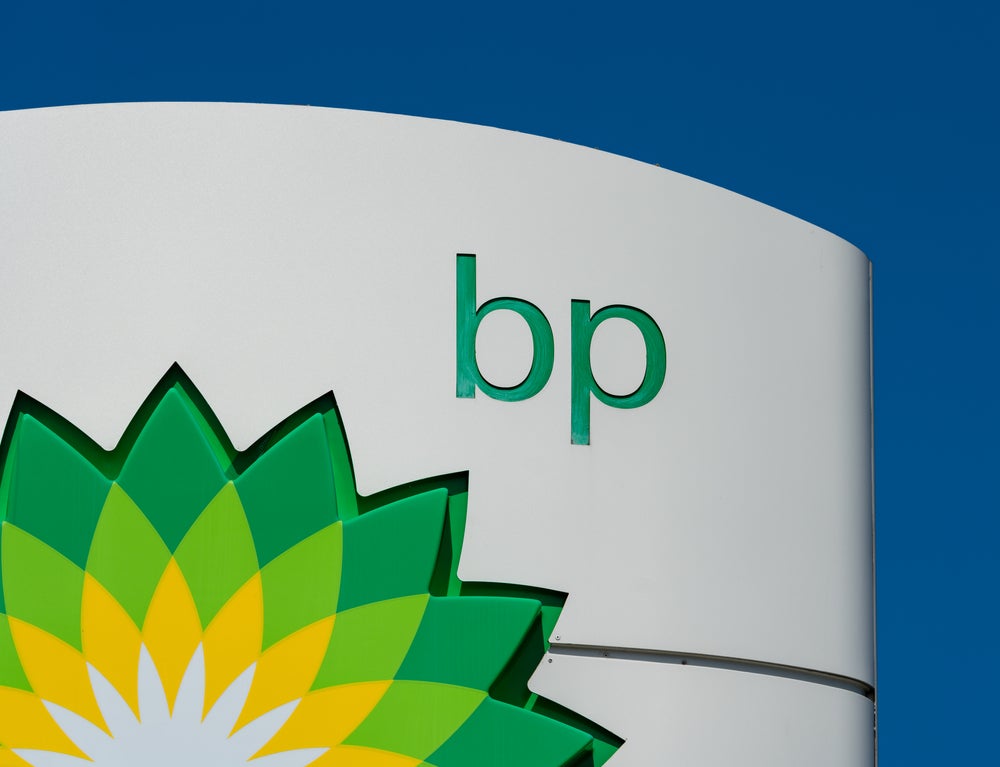
Oil giant BP has posted second quarter profits of $2.6bn (£2bn), down 70% from the company’s $8.5bn net income from the same period last year.
In its company results published on Tuesday, BP’s underlying replacement cost profit, or net income, was $2.6bn, falling far short of the company’s own analyst expectations of $3.5bn. Profits were down almost half from the $5bn seen in this year’s first quarter.

Discover B2B Marketing That Performs
Combine business intelligence and editorial excellence to reach engaged professionals across 36 leading media platforms.
The lower results reflect significantly lower realised refining margins, “significantly increased” maintenance activity and a weak oil trading result. Lower oil and gas sales prices and lower trading results also contributed to weakened earnings, BP said.
Despite sluggish performance, the company pledged a 10% increase in resilient dividends up to ¢7.27 per ordinary share. It also announced a further $1.5bn share buyback.
“Our underlying performance was resilient with good cash delivery during a period of significant turnaround activity and weaker margins in our refining business,” CEO Bernard Looney said in a statement. “We’ve started up two major oil and gas projects to help keep energy flowing today and we’re accelerating our transformation through our five transition growth engines.
“And we’re delivering for shareholders growing our dividend and announcing a further share buyback. This reflects confidence in our performance and the outlook for cash flow, as well as continued progress reducing our share count,” he added.

US Tariffs are shifting - will you react or anticipate?
Don’t let policy changes catch you off guard. Stay proactive with real-time data and expert analysis.
By GlobalDataThe results posting comes one day after UK Prime Minister Rishi Sunak announced government approval for “at least 100” new oil and gas licences in the North Sea, sparking outrage from environmental groups and some politicians and climate scientists. According to a government statement, domestic gas production has around one-quarter of the carbon footprint of imported liquified natural gas and as a result will “reduce emissions”.
Earlier this year, BP was one of several oil majors to face investor challenges at its AGM over its lack of action on emissions reductions. In 2019, the company set a target to reduce emissions by 40% by 2030 compared with 2019 levels. In February this was weakened to just 25% after the company reported record profits from its oil and gas portfolio.
Imogen Dow, warm homes lead at Friends of the Earth, said: “As BP reports its quarterly profits have fallen, let’s not forget that 2022 was its most profitable year on record, and that it is still the beneficiary of massive tax breaks from the UK Government.
“Meanwhile, the drop in wholesale gas and oil prices is yet to make any material difference to the nation’s bills, which are projected to remain high for some time to come. This means millions more are likely to struggle through bitterly cold temperatures in homes they can’t afford to heat when winter rolls around.”





